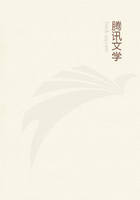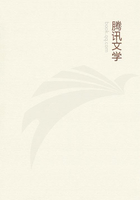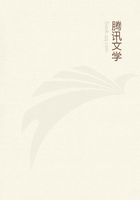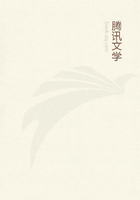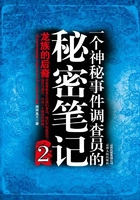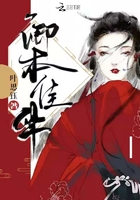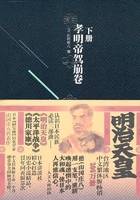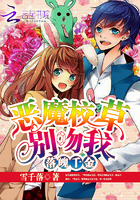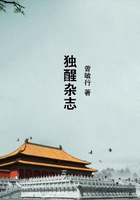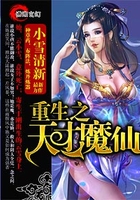Canon Fairfax,'s opinions of literary criticism are very much to my liking, perhaps because when I read them I found them so like my own, already delivered in print. He tells the critics that "they are in no sense the legislators of literature, barely even its judges and police"; and he reminds them of Mr. Ruskin's saying that "a bad critic is probably the most mischievous person in the world," though a sense of their relative proportion to the whole of life would perhaps acquit the worst among them of this extreme of culpability. A bad critic is as bad a thing as can be, but, after all, his mischief does not carry very far.
Otherwise it would be mainly the conventional books and not the original books which would survive; for the censor who imagines himself a law-giver can give law only to the imitative and never to the creative mind.
Criticism has condemned whatever was, from time to time, fresh and vital in literature; it has always fought the new good thing in behalf of the old good thing; it has invariably fostered and encouraged the tame, the trite, the negative. Yet upon the whole it is the native, the novel, the positive that has survived in literature. Whereas, if bad criticism were the most mischievous thing in the world, in the full implication of the words, it must have been the tame, the trite, the negative, that survived.
Bad criticism is mischievous enough, however; and I think that much if not most current criticism as practised among the English and Americans is bad, is falsely principled, and is conditioned in evil. It is falsely principled because it is unprincipled, or without principles; and it is conditioned in evil because it is almost wholly anonymous. At the best its opinions are not conclusions from certain easily verifiable principles, but are effects from the worship of certain models. They are in so far quite worthless, for it is the very nature of things that the original mind cannot conform to models; it has its norm within itself; it can work only in its own way, and by its self-given laws. Criticism does not inquire whether a work is true to life, but tacitly or explicitly compares it with models, and tests it by them. If literary art travelled by any such road as criticism would have it go, it would travel in a vicious circle, and would arrive only at the point of departure. Yet this is the course that criticism must always prescribe when it attempts to give laws. Being itself artificial, it cannot conceive of the original except as the abnormal. It must altogether reconceive its office before it can be of use to literature. It must reduce this to the business of observing, recording, and comparing; to analyzing the material before it, and then synthetizing its impressions. Even then, it is not too much to say that literature as an art could get on perfectly well without it. Just as many good novels, poems, plays, essays, sketches, would be written if there were no such thing as criticism in the literary world, and no more bad ones.
But it will be long before criticism ceases to imagine itself a controlling force, to give itself airs of sovereignty, and to issue decrees. As it exists it is mostly a mischief, though not the greatest mischief; but it may be greatly ameliorated in character and softened in manner by the total abolition of anonymity.
I think it would be safe to say that in no other relation of life is so much brutality permitted by civilized society as in the criticism of literature and the arts. Canon Farrar is quite right in reproaching literary criticism with the uncandor of judging an author without reference to his aims; with pursuing certain writers from spite and prejudice, and mere habit; with misrepresenting a book by quoting a phrase or passage apart from the context; with magnifying misprints and careless expressions into important faults; with abusing an author for his opinions; with base and personal motives.
Every writer of experience knows that certain critical journals will condemn his work without regard to its quality, even if it has never been his fortune to learn, as one author did from a repentent reviewer, that in a journal pretending to literary taste his books were given out for review with the caution, "Remember that the Clarion is opposed to Mr. Blank's books."
The final conclusion appears to be that the man, or even the young lady, who is given a gun, and told to shoot at some passer from behind a hedge, is placed in circumstances of temptation almost too strong for human nature.


